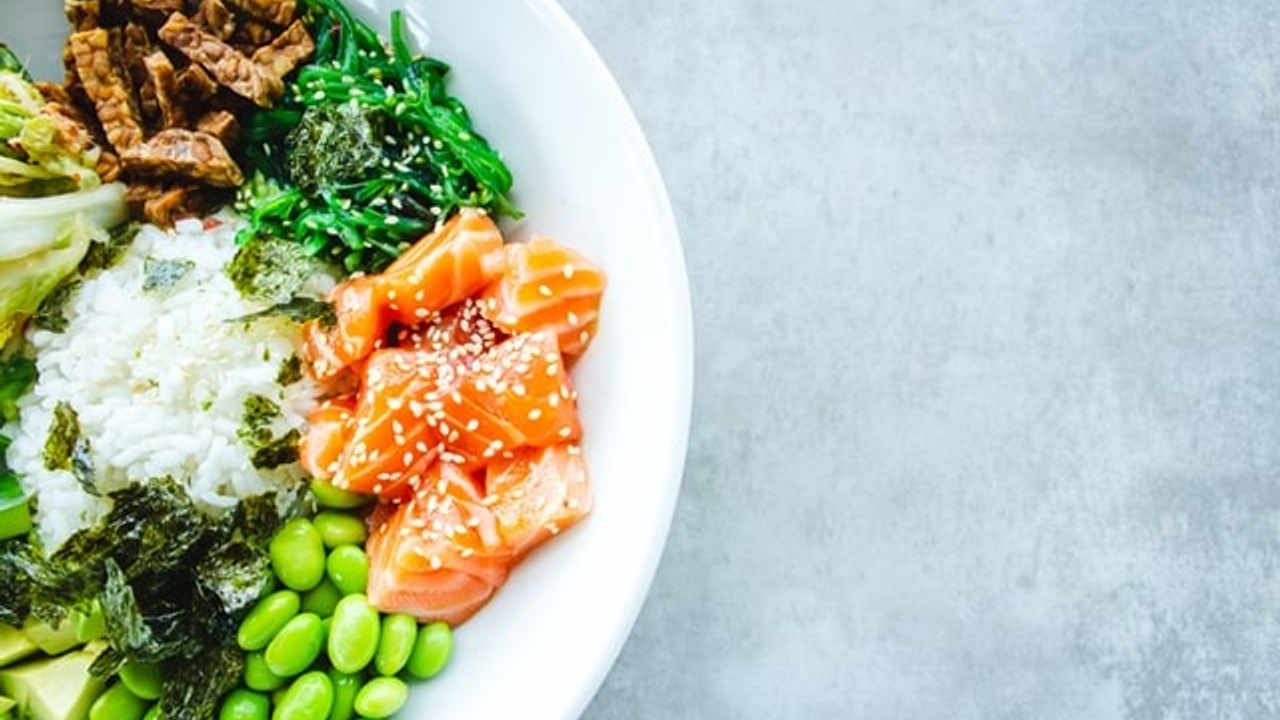Immunity during CV19 - Tips for managing your eating during COVID-19
Oct 08, 2021
Tips for managing your eating during COVID-19
There is no doubt that COVID 19 presents many challenges in managing your diet, in attempts to stay healthy, keep your immune system at its best and manage reduced training when in an isolation period.
Below are some ideas that can help you during this difficult time. I have also summarized some main focus nutrients and some key foods that can assist in strengthening your immune system.
Shopping and cooking tips
For those of you in isolation, food access can be difficult. For those who have been able to get to the supermarket over the last few days, will have noticed that the shelves are pretty bare. Some tips that will help:
- If you are in isolation, send a friend or family member to pick up supplies for you.
- Stock up on whatever foods you can get access to including pantry and freezer items. Nonperishable foods such as rice, tinned tuna/salmon, frozen vegetables can be handy to have stocked at home during this time. Can be used as back up if the fresh items run out.
- Spend some time menu planning. Consider what ingredients you have available and aim to be able to make your meals as balanced as possible
- Use websites such as taste.com for recipe ideas.
- Consider stocking up on some ready-made meals. These can either be from the frozen section of the supermarket or ordered online from one of the many companies that deliver healthy ready-made meals.
Supermarket:
- Goodness Superfoods Wellness bowls (frozen section)
- Lean Cuisine (frozen section)
- McCains healthy choice range (frozen section)
- Youfoodz and Dineamic meals (some supermarkets stock these in the fresh section)
Home delivered:
- https://www.youfoodz.com/
- https://www.wefeedyou.com.au/
- https://www.mymusclechef.com/
- https://www.hellofresh.com.au/
- https://www.dineamic.com.au/
Most importantly, ensure you wash your hands before any food prep, for at least 30 seconds and wash all fresh produce before cooking.
Not training??
Carbohydrate:
If you’re in isolation and your training load is significantly reduced, give consideration to your fuel (Carbohydrate) needs and adjust these accordingly. This doesn’t mean cutting them out but more reducing the portions of foods such as rice, noodles, pasta. Ensure adequate protein in your meals and fill your plate up with extra veg – fresh, frozen and/or tinned (whatever you can get your hands on.
Protein:
Currently, it can be quite difficult to get your hands on fresh meat/chicken. However, it is super important to ensure that you continue to get a protein hit at all meals and snacks. This is to prevent loss of muscle mass and help keep you feeling full/preventing overeating of carbs.
Alternative sources of protein include tinned tuna/salmon, tofu (tastes delicious in a curry or stir fry), legumes & pulses such as kidney beans/chickpeas, eggs, milk, cheese and Greek yoghurt. Also, quinoa has more protein than rice, so a good swap to sneak a bit extra in.
Boosting your immunity with good nutrition
Firstly, ensure that you are eating enough (whether you are still training or in isolation). Our immune systems need enough energy to create immune cells. Therefore, under fueling will most certainly dampen it. If you are training, adequate fuel both pre and post-training is essential. Ensure to eat a meal with carbohydrates before the session and afterwards for recovery. If you are in isolation, you don’t need as much. However, every system in your body (including your immune system) uses carb to function. Therefore, ensure smaller portions at each meal, then fill the rest of your plate with protein and vegetables/salad.
Here are some other nutrients that support your immune system…….
Vitamin C – All it takes is one serve of citrus fruit each day – 1 orange, 2 kiwi fruit, 1 cup of berries, 1 tomato or ½ a capsicum.
Zinc – found in lean red meat, chicken, seafood as well as nuts & legumes
Iron- Ensuring your iron levels don’t drop too low is important to maintain a healthy immune system. If you are feeling particularly fatigued, it is a good idea to get a blood test to check your levels. Including red meat, quinoa, legumes (baked beans, chickpeas, kidney beans) will help
Vitamin A- Think of all of those bright red/orange fruit and veg – carrot, pumpkin, sweet potato, tomatoes, capsicum
Vitamin D- Difficult to get the amount you need through food – the main source is sunlight. Maintain sun exposure each day. If in isolation, sit by an open window with the sun coming through if you can
Pro bioctics – Not only keep your gut healthy and functioning well but also assist in immune function. These can come from supplements, but you can also get them from natural foods – Greek yoghurt, tempeh, kombucha
On a final note, variety of food is crucial. The more colours that you consume, the wider the range of vitamins, minerals and antioxidants your body will be exposed to. Remember to wash your hands for 30 seconds and wash your fruit/veg before consuming.
Loren Chambers
Sports Dietician – MotiV8 Training



